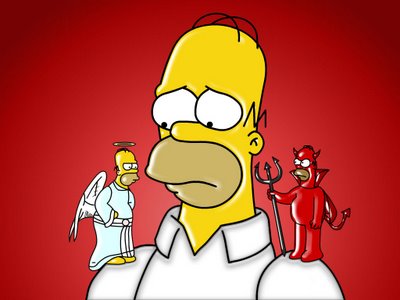Jean-Paul Sartre
No Exit (Huis Clos : behind closed doors)
On Self-Deception & Bad Faith
What I find most interesting and quite modern of Jean-Paul Sartre is his ability to communicate philosophical arguments via the work of fiction. His play, “No Exit,” appears to embody his philosophical argument regarding self-deception and bad faith.
One room, three personalities and one philosophy — Sartre unmistakably depicts the uncomfortably realities of vanity and self-deception, and how it restricts a person’s freedom.
This is most transparent in the play when the characters are constantly looking around for mirrors in order to avoid each others’ judging gaze.
"Hell is other people."
—Jean-Paul Sartre
Why does Sartre create such scenes of utter torture and despair by simply putting three people in an empty room? What does he mean by “Hell is other people?” Perhaps it refers to a persons ability to allow others to inflict judgement and define you as an individual rather than you having the authority on your own identity.
This leads me to what Jean-Paul Sartre would call being in “bad thought.”
Before I explain Sartre’s concept of being in “bad thought,” first I must explain Sartre’s perspective on existentialism.
According to Sartre, one exists, and then one invents oneself through the choices he or she makes. Sounds fairly liberating, right? However, Sartre’s definition of an individual can also be interpreted as rather daunting and lonely.
By his logic, each individual is solely responsible for what he or she becomes in life. I find this conclusion rather one-dimensional. How does Sartre’s claim explain the circumstances of a person’s birth (e.g. institutionalized racism, socioeconomic disparities, pre-existing societal standards, pre-established gender-dynamics, etc) that do define and affect a person’s ability to develop into who they want to be?
“I see now that the circumstances of one's birth are irrelevant; it is what you do with the gift of life that determines who you are.”
— Pokémon : The First Movie
Jean-Paul Sartre says in order to alleviate our burden of choice, we will try to deceive ourselves by pretending to not be free — therefore "acting in bad faith." And by letting other people make judgements and choices for us, we continue to act in what Sartre calls “bad faith.”
Do you agree with Sartre? Do you believe that humans have the ability to choose and define their individual characteristics, “or essence?” In order words, does existence indeed precede essence?
Is the concept of absolute responsibility simply an ideal or a plausible reality? Can choosing not to choose also be considered a choice?








.jpg)




